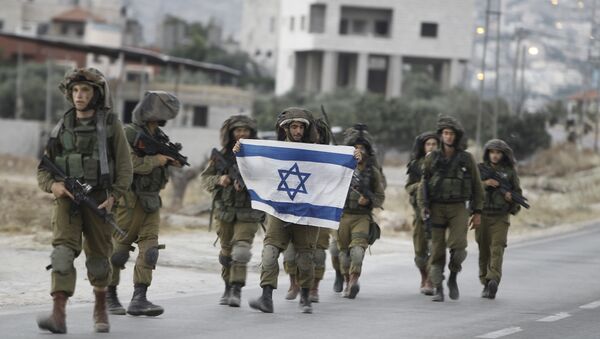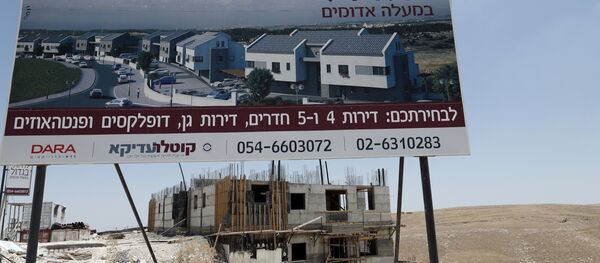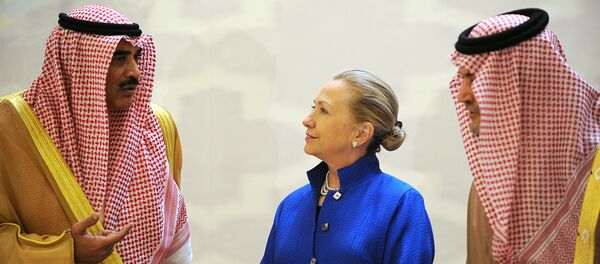Known as Operation Protective Edge, Israel launched the 2014 war in response to weeks of heavy rocket fire by Palestinian militants in the Hamas-ruled Gaza Strip. The conflict lasted only a matter of seven weeks. However, more than 2,200 Palestinians and 73 Israelis were killed. And there were many particularly bloody encounters that prompted international outrage.
Among them was an air-to-ground missile attack on 3 August 2014. Ten civilians who had gathered outside a UN school were killed, 35 more injured.
War crimes against civilians during 2014 Gaza War (July-August 2014) #Israel #Hamas https://t.co/Hg11pUNuTX pic.twitter.com/Lgbddy86ED
— Amnesty Israel (@AmnestyIsrael) 22 August 2016
The Israeli Air Force claimed that militants were hiding near the school. That justification did little to appease UN Secretary General Ban Ki-moon, who condemned the attack as a "moral outrage and a criminal act" and demanded that those responsible for the "gross violation of international humanitarian law" be held accountable.
Two years later, the Israeli military has closed that case, and six others, proclaiming that Israeli troops did not engage in any unlawful acts.
The military report said that shortly before the school was hit, the Israeli Air Force was following three Palestinian fighters on a motorcycle in Rafah, a southern Gaza town. A decision was made to target them with a low-explosive missile. However, the report claimed that just after the missile was launched, the motorcycle veered off unexpectedly at a roundabout with multiple exits, toward the school gate, at which point, it was too late to stop the missile.
Another case that was closed on Wednesday, was another airstrike on Rafah, two days earlier on 1 August 2014. Fifteen members of the same family, the Zoroubs, were killed.
The Israeli military investigation said that the building was used by Hamas — the militant group that dominates Gaza and which Israel denounce as a terrorist organization — as a command and control center.
While its statement acknowledged that the civilian casualties were higher than expected, it argued that the airstrike was in line with international law, which can allow attacks on homes used for military purposes. The investigation named Nazmi Zoroub, which Israel said was a senior Hamas commander.
Adel Zoroub, whose sister's home was destroyed, has rejected Israel's findings.
Human rights groups, like Amnesty International, have gone further, rejecting Wednesday's findings and accusing the Israeli military prosecutors of shielding their troops from justice. Amnesty International said it was "unacceptable" that so few criminal cases have been prosecuted.
Palestine is pressing for war crime charges against Israel at International Criminal Court, which has opened preliminary proceedings, though no conclusions have been issued thus far.
However, a 2015 UN investigation found evidence of war crimes by both sides. It did accuse Israel of using disproportionate force, but also highlighted Hamas, which it criticised for firing rockets indiscriminately toward civilian areas in Israel.
The legacy of the 2014 war continues to be a flashpoint in the ongoing attempts to find a regional solution between Israel and Palestine. And with Israel's account being so quickly rejected by Palestinians, it seems unlikely that Wednesdays report will do anything to help draw a line under the controversy.




